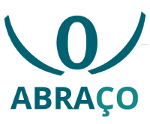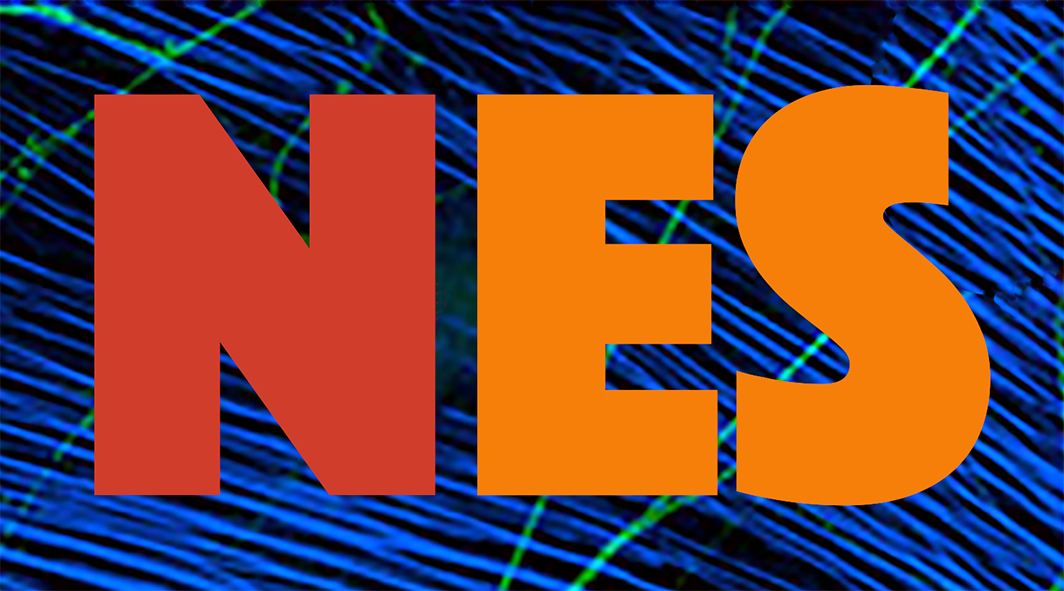
Position for working with digital signal processing
Nov 05, 2014
The recently established Research, Innovation and Dissemination Center on Neuromathematics (NeuroMat), hosted by the University of São Paulo, Brazil, and funded by FAPESP (São Paulo Research Foundation) is offering technical training scholarships for Computer Science/Engineering professionals interested in applying their Computing experience on a world class scientific project. This project aims to integrate modeling with basic and applied research at the frontier of neuroscience. The goal of the project is to develop a mathematical and computational framework leading to the theoretical understanding of neural systems, fully integrated with experimental research in neuroscience. New models, theories, and open source software will be developed to handle the huge quantity of data produced by current experimental research and to provide a conceptual framework for the multiscale aspects of neural phenomena. The recipient will interact with researchers from University of São Paulo and other NeuroMat collaborating institutions in supporting activities for the research activities of the center, including obtaining electrophysiological signals (such as EEG, TMS and EMG) in experimental sessions, and signal data conditioning and analysis.
Monthly Salary: BRL 6.143,40 (for 40 hours of work per week) - Requirements: applicants should be graduated in Computer Science/Engineering (or other related area) and must have a Ph.D. degree OR at least five years of proven experience in Information Technology. Candidates with less experience may still apply and an appropriate salary will be negotiated with FAPESP. - Duration: twelve to twenty-four months. - Place of work: Institute of Mathematics and Statistics (IME) - University of São Paulo (USP) - São Paulo / Brazil.
Planned activities include meetings aimed at familiarizing the candidate with experimental protocols of the research sub-projects, accompanying experimental sessions for data gathering and technical-laboratorial support in acquiring electrophysiological signals, implementation of computational tools for digital signal processing aimed at conditioning and manipulation of acquired signals, as well as implementation of statistical algorithms and techniques for analysis and classification of gathered data. Software developed within NeuroMat will be both used internally by members of the project as a means to carry on the project-related research, as well as released as Open Source Software on the Web portal of the project. The scholarships will be awarded to candidates with experience in digital signal processing (preferably, but not exclusively, in electrophysiological signals), including representation, transforms and manipulation of signals in time and frequency domains, and who possess basic knowledge of wavelets. Candidates must also be familiar with high-level programming languages used in scientific computing, such as Matlab or Octave, and in statistical analysis, such as R. To apply for one of these positions, please send your CV to Lourdes Netto (lourdesv@ime.usp.br).
Share on Twitter Share on Facebook| NeuroCineMat |
|---|
|
Featuring this week: |
| Newsletter |
|---|
|
Stay informed on our latest news! |
| Follow Us on Facebook |
|---|




